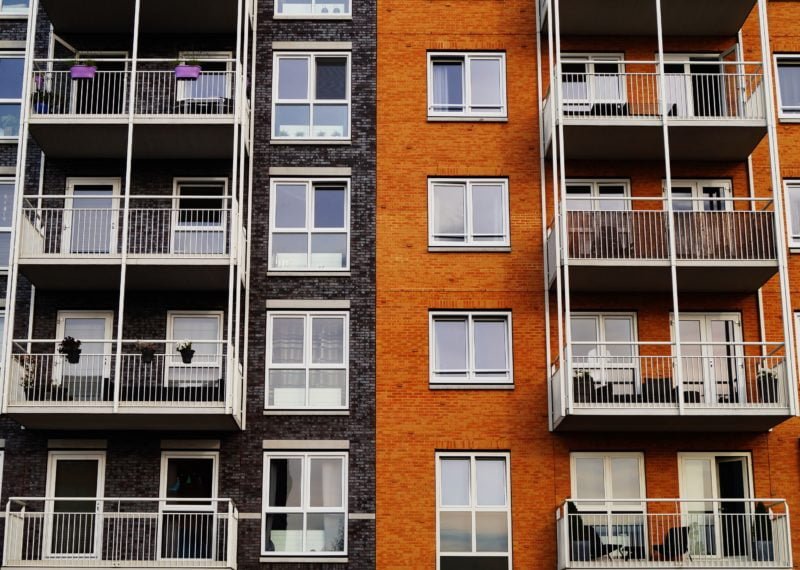07.09.18
What HOA Members Should Know About Condo Deconversions

Condominium deconversions are a hot topic in commercial real estate today, and I don’t think it’s just the latest trend. As condominium stock built in the 70s and older continues to age and need updates, modernization and capital improvements, owners continue to spend money on units that may not appreciate like they once did. Commercial real estate investors are also looking for alternatives to new development as construction pricing increases, amenity wars get more expensive and slow rent growth persists.
This combination of factors leads to the mutually beneficial deconversion process between Homeowners’ Association (HOA)/Condominium Association members looking for a way out and investors looking for value-add properties.
How do you know if your condo building is appealing to commercial real estate investors? What should you know about vetting offers from potential investors? From a multifamily broker with condo deconversion expertise, here are five key questions you should have answered about this type of real estate transaction.
How do you know if your building is a good candidate?
A typical scenario is where multiple owners have tried to sell and have been unable to achieve the desired sales price, or the building is coming upon a necessary and substantial capital improvement. Typical deconversion investors are looking for vintage construction — think 1970s and older — with a majority of the condo units being studio or one-bedroom floor plans.
Why would all the condo owners agree to a bulk sale?
In the condo deconversions I’ve brokered, owners receive a fair price for their unit, usually above what they would get if selling just their condo as an individual unit. They also each don’t have to find, hire and work with their own broker. Rather, the HOA hires a broker. In a bulk sale, brokerage and legal costs on a per unit basis are typically less than the cost of selling an individual unit.
How many condo owners do you need to agree on selling the building as a condo deconversion?
Legally, the HOA will need to take a vote. The number of votes required to force a sale is different in every state. In Illinois, for example, 75% of the unit owners are needed to vote yes to allow the sale of the entire property.
When should your HOA hire a broker?
Any HOA that is considering a deconversion should immediately engage a multifamily broker rather than a residential broker. Multifamily brokers specialize in the sale of apartment buildings and are commercial real estate-focused. A multifamily broker can explain the deconversion process to the Condo Association board, as well as to individual unit holders. A broker can also underwrite the value of the building so that the HOA can begin to consider whether or not a deconversion makes sense properly. The underwriting will include an estimated value for the entire building. This process is known as a broker’s opinion of value (BOV), proposal or sale analysis. Most brokerage firms will not charge for these services. If acceptable to the Association, the building is then listed with the broker, marketed and hopefully receives numerous offers.
What typically goes wrong in a condo deconversion?
This type of real estate transaction is complex. Many things can go wrong, mainly because there isn’t just one seller but an entire Condominium Association. The allocation of sale price on a per-unit basis can be tricky, since every owner potentially has different finishes and upgrades. The overall health of the HOA is equally essential. Sometimes those who “hold out” in hopes of higher pricing can dissuade investors. Best that these issues be addressed by the board or association early in the process so that everyone is on the same page before you have an offer to consider.
Condominium deconversions are a recent phenomenon, and there is a bit of a Wild West element to the market. These deals are exciting and always unique but can be unnecessarily complicated without professional representation. There are many steps in a deconversion, and without proper guidance, an HOA often finds itself with much more than it bargained for. At the end of the day, this is a complicated real estate transaction and requires all owners to empower themselves with a basic understanding of the deal.
If you are a condo owner, learn more about the condo deconversion process at https://www.kisergroup.com/project/condo-deconversion/.
